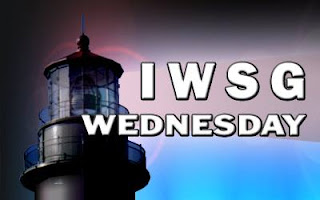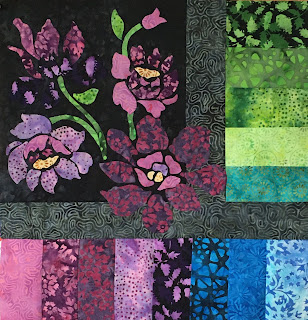far too casually,
off his desk. It shatters and
Entropy, the scientist explains
everything dissolves into nothing
What is whole becomes broken,
a one-way process repeated
every day, in every sense of time;
Despite my careful efforts
to create order,
only the seasons remain,
a cycle of fragile flowers that bud
We walk slowly along a gravel path
a brisk spring wind hints at winters past
and winters to come.
Entropy, I repeat,
at the flowers and wonder
who will come to see the lilacs next spring
or the year after that?
Lilacs at Manito Park (May 2022)
Even so, winter seems to linger longer this year, as we all face unexpected challenges on top of all else that grabs the headlines. Today, a dear friend is sick. My thoughts are hopeful, yet realistic, for we are now in that decade when we must learn new lessons about life that begins and ends.









